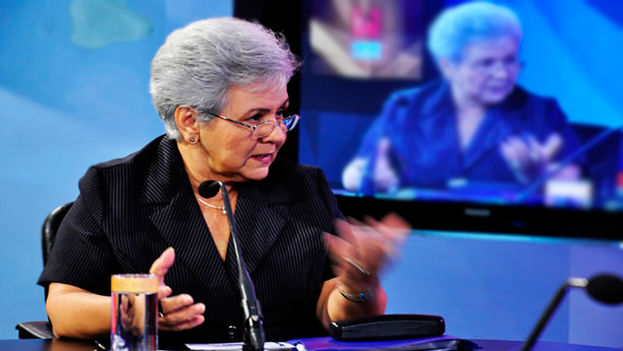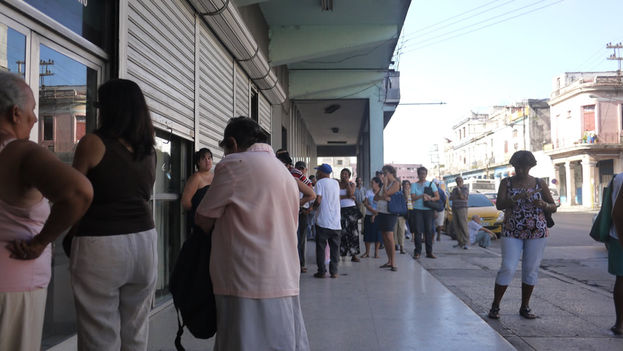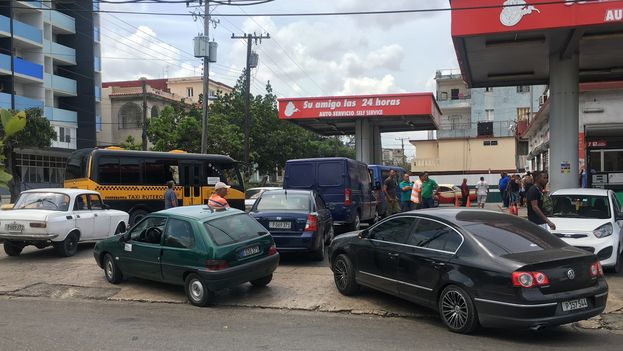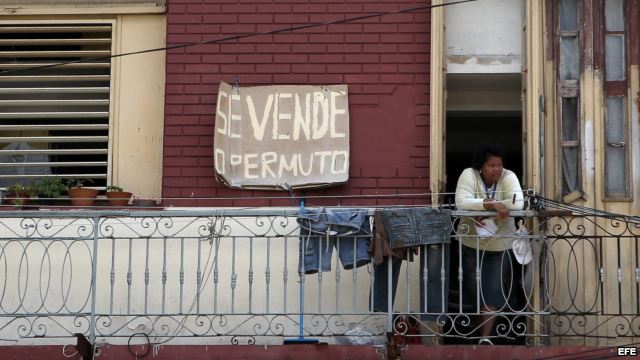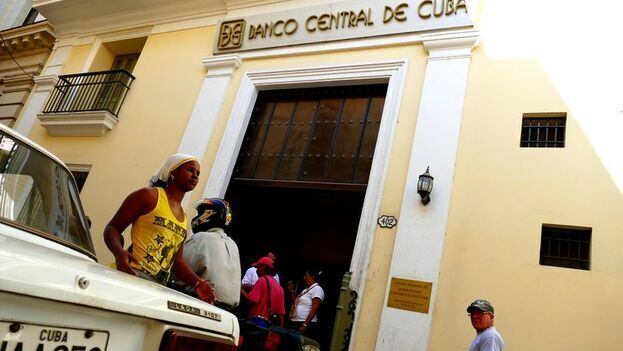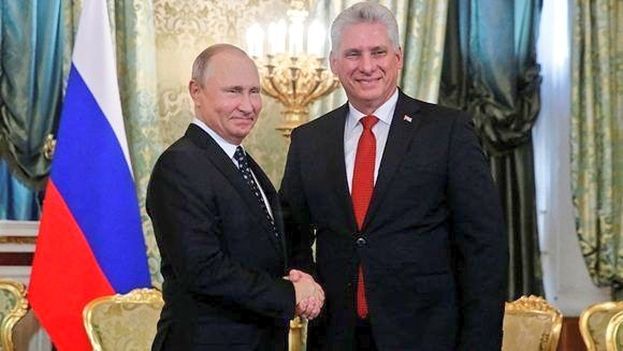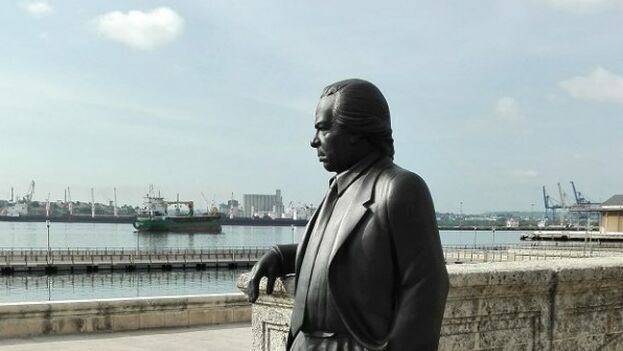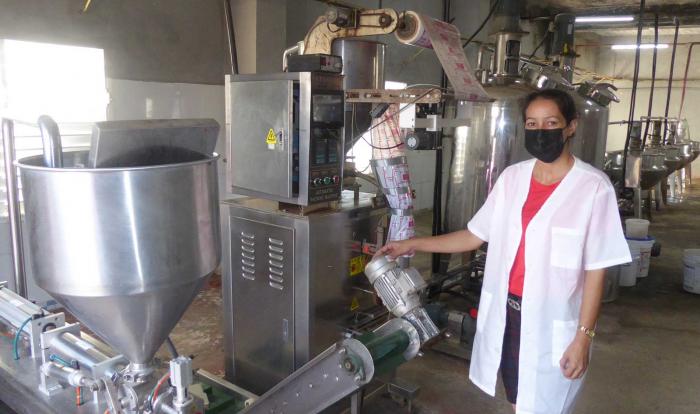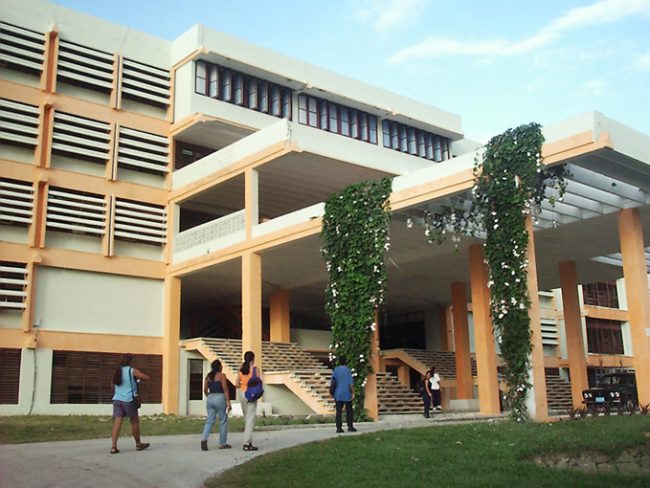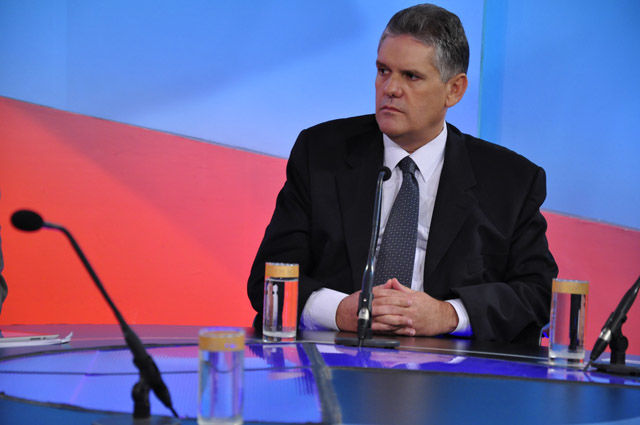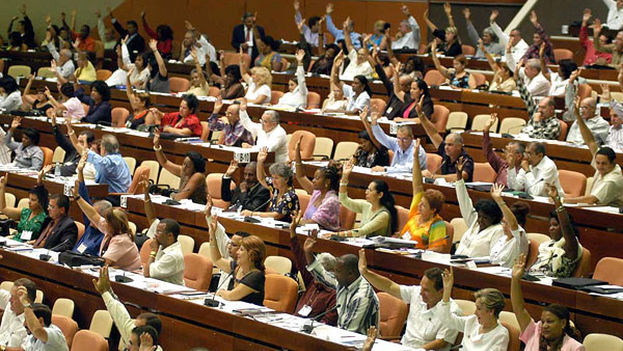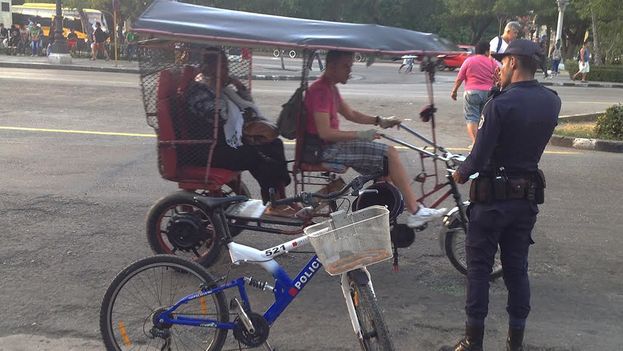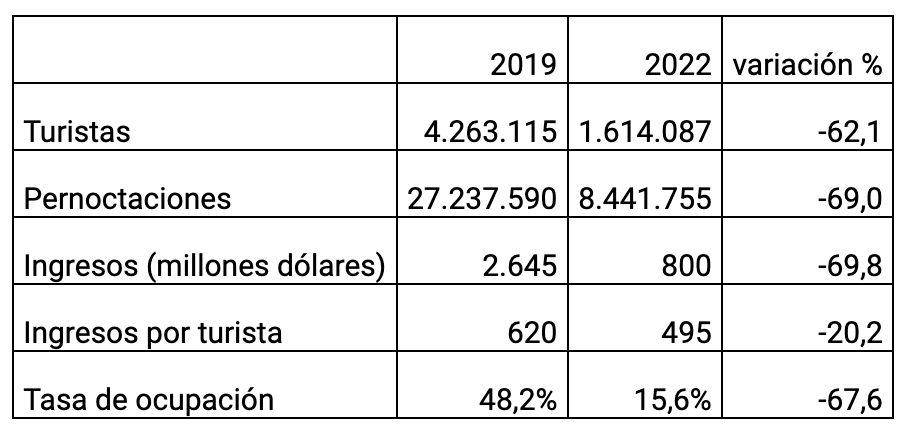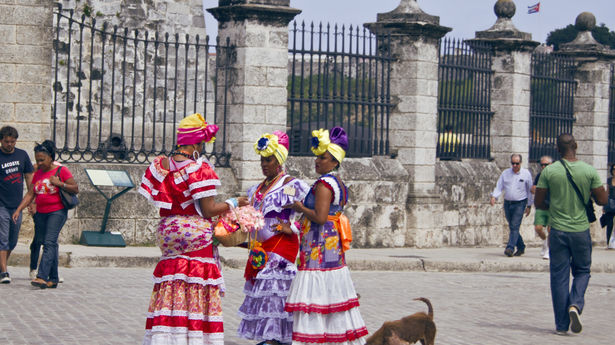
![]() 14ymedio, Elías Amor Bravo, Economist, 1 May 2023 — This blog will directly monitor the regime’s tourism policy to detect its inconsistencies and errors, and before the FITCuba tourism festival begins, we already have a good example. The communist state press is flattering and describes as a success that “almost 400 Spanish tour operators are going to attend FITCuba.”
14ymedio, Elías Amor Bravo, Economist, 1 May 2023 — This blog will directly monitor the regime’s tourism policy to detect its inconsistencies and errors, and before the FITCuba tourism festival begins, we already have a good example. The communist state press is flattering and describes as a success that “almost 400 Spanish tour operators are going to attend FITCuba.”
When it comes to inviting friends and paying for meals and hotels, it’s already known that the Cuban communist regime does not skimp on expenses. In the 60s, 70s and 80s of the last century, delegations of foreign communist parties came to admire the constructions of Cuban socialism. Fidel Castro hoped that they would speak well of his regime when they returned to their countries. It was the solidarity that Cuba needed to gain more followers in order to penetrate the leftist and revolutionary movements around the world. You know this already.
And now the tour operators hope for travelers and income. If almost 400 Spanish tour operators travel to the tourism fair, how many Spanish tourists arrived in Cuba in the best years of tourism before the pandemic? Sixty, 70, 80 thousand, could be more. What does it matter? The figure places the Spaniards in fourth or fifth place in the ranking of origin of tourism that reaches the Island. Ahead are Canada and the United States, even Russia in its favorable years. Since before the pandemic, Spanish tourism to Cuba had dropped many places in the ranking. The Spaniards traveled to different destinations and did not repeat the Island, unlike other destinations. The image of Cuba was perhaps blurred.
But it doesn’t matter. The state press celebrates that Barajas airport in Madrid seemed “a hotbed with the presence of 389 Spanish travel agents, who will take part in a convention and in the Cuba Tourism Fair,” many of them, tour operators, DIT Gestión de España associates, on an Iberojet flight. continue reading
What has happened to Spanish tourism to Cuba to end up being one of the least relevant? One of the Spanish representatives of a travel agency said that he has not visited the largest island in the Caribbean for 20 years, and now he hopes to see its “infrastructure, hotels and other facilities.”
Twenty years without traveling to Cuba. That is, the last time he was on the Island was at the beginning of the century when the Island began to emerge from the Special Period and Fidel Castro was sending to re-education camps the prostitutes and others who offered their services to Spanish tourists, mainly single men, according to statistics on the sociodemographic profile of those travelers. The fun was over, the commander arrived with the oil from Venezuela, Spanish tourism plummeted, and the figures were not repeated.
These Spaniards who now travel to the Island invited by the regime were practically children at the beginning of this century, and in these 20 years they have been able to travel to countless destinations of a much higher level of quality and competitiveness. Therefore, they are going to observe what is on the Island, and many of them are going to be surprised, but not for the better. The great opportunity to promote the Caribbean nation, which the communist regime expects from the expenses, will fall apart, because the leaders of Cuban tourism cannot think that in 2023 they can attract demand for tourism with a similar supply, in quantity and quality, to what there was in 2000.
And, of course, with much less “fun” despite the fact that Spanish travel agents are going to enjoy the paradisiacal environment of Cayo Santa María. I hope that the farmers with supply contracts have obtained sufficient quantities of products for them to enjoy the hotel buffet and breakfast. Sometimes there isn’t enough food.
That the authorities have planned tours of Havana for these travelers says a lot about their age and the number of times they have visited the Island: zero. We will see what they think of the streets without water or electricity, the semi-destroyed buildings, the lines of hunger or the lack of gasoline. Oh no, of course, that tour is not planned.
A recommendation: it would be good for these travel agents to take a walk by themselves to know the true reality to which they are going to send tourists. It does not seem that this idea is in the plans of the regime’s partner, the DIT Gestión group, located in Guipúzcoa, which hopes to achieve business once the action of the fair is over. The question is, why can’t that business be done by a private Cuban company, and should it be left in the hands of foreigners?
In the midst of all these trappings, the state press reported that the tourist company TUI Spain has launched a promotional campaign called “Two Weeks in Cuba,” which will be active until May 7, or that the firm TUI AG, from Germany, has more than 2,300 places with guaranteed departures from May to October to the Caribbean island. It was also said that from this coming June the connections between Spain and Cuba will increase depending on tourism, with the new air route of Enjoy Travel Group/Enjoy Barcelona-Havana.
All this is very nice and with great expectations, but the goal of the plan for 2023 of 3.5 million tourists is not going to be achieved. Tourism to Cuba comes mainly from Canada. It’s almost 65% of the total. Have you heard anything about Canada at this Havana fair? No. Why does the regime disdain and not pay attention to tourism from the main market? Are they that confident about it? The regime’s tourism policy is an absolute failure, and in addition, these glories end up being paid for by Cubans. The same ones that tourists are going to see, if they manage to escape from their controllers, standing in the lines of hunger.
Translated by Regina Anavy
____________
COLLABORATE WITH OUR WORK: The 14ymedio team is committed to practicing serious journalism that reflects Cuba’s reality in all its depth. Thank you for joining us on this long journey. We invite you to continue supporting us by becoming a member of 14ymedio now. Together we can continue transforming journalism in Cuba.


